Get Set Hire reliably and flexibly provides planet-conscious, top-quality, clean equipment to the film industry via low-carbon delivery.
If the film industry is serious about transitioning to a sustainable industry, it has to end the destructive cycle of ‘buy-use-discard’ and work towards a circular framework, according to Paul Miller, founder of Get Set Hire.
“Hiring, not buying, is an easy first step,” he says. “Our aim is to positively impact every production and the planet.”
GSH is often offered end-of-shoot equipment as potential stock but rejects these if they don’t meet the company’s high standards. “All too often, ‘end-of-shoot’ means ‘end of life’ for that equipment,” says Miller.

What sets GSH apart from other facilities companies is its commitment to extending the life of its hire stock with high cleanliness and repair regimes. “We took an early decision to avoid stocking the larger outdoor items like trackways and bowsers and instead focus on providing well-maintained equipment that the crew use and touch. It makes good sense for both the business and the planet to invest extra time and money to really look after our equipment and extend its useful life as long as possible. All too often, simple things like chairs and tables are considered uneconomical to repair and are left to deteriorate to their inevitable disposal point too quickly.”
“Our own in-house workshop team ensures that all our products last as long as possible and are in top condition,” says Miller. “Our philosophy is always ‘reuse, reduce, recycle’.” When an item does reach the end of its life at GSH, it is either donated for use elsewhere or stripped down to enable its components to enter the recycling system avoiding incineration or landfill.
Since 2012, GSH has been supplying productions of all stripes, beginning in the fast-paced, quick-turnaround commercials industry and expanding into film, drama, entertainment and photography shoots, fashion events and even outdoor events.
“It’s in our nature to be reactive and flexible, and all our team members have a ‘can do attitude,‘”, says Miller.
Embedded in the company DNA is a responsible and proactive approach to low-carbon delivery which includes measuring and offsetting operational carbon as a BAFTA albert accredited supplier.

Leading by example
Production managers and ESG supervisors will welcome the provision by GSH of a carbon calculator ‘information sheet’ along with each quote which makes carbon calculation easy and transparent. It is also an Industry Partner of Adgreen and supported Adgreen in creating its carbon calculator.
The firm is a contributor to the Fuel Project – a report funded by Interreg Europe’s Green Screen and delivered by Film London, in partnership with sustainable business consultants Creative Zero.
“Together, we are seeking a just and swift transition to decarbonised vehicles and mobile power units in the film industry,” Miller says.
GSH is an early adopter of waste biofuel Hydrotreated vegetable oil (HVO) as a substitute for diesel and use certified waste HVO across its owned fleet. Its ratio of HVO to diesel is 80-20 and it aims to improve even on this.
While some clients already prioritise low-carbon filming, others need more education. “Sustainability has become more of an issue but I’m often shocked it’s not higher up the agenda,” says Bryony Harrison-Miller, head of communications & sustainability at GSH. “But with more productions creating a sustainability officer role, we are starting to see the industry making positive change.
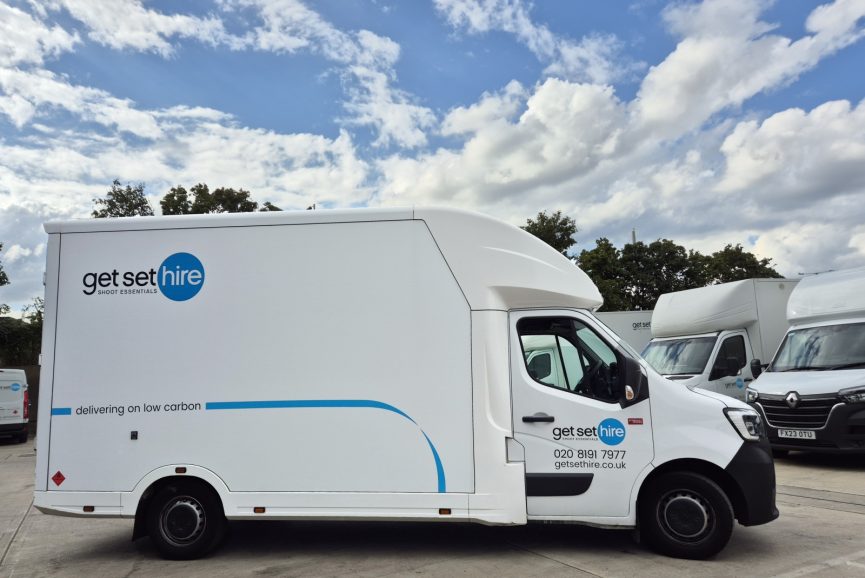
“We encourage decentralised power as a new way of working on set. This is the idea that rather than one big fossil powered generator generating 100kWh, of which you use 20%, you hire a number of low carbon mobile power units and place them where you need them. There’s no need for extraneous cabling, you can swap them out as you go and you can easily monitor how much energy is being used.”
Among the electric battery storage systems GSH offers are the 2.1kWh Instagrid unit which weighs just 20kg and is plug and play, and the easily portable 10kWh unit Wattman.
Among its annual donations to carbon sequestering projects managed through Mossy Earth, GSH has donated over £30,000 to kelp reforestation and tree planting projects since 2021.
“We have Sustainability Champions in each department who work together to keep making GSH more sustainable,” Miller says. “Our employees undertake regular training on sustainability issues to raise awareness in our own organisation and we actively use our sphere of influence to raise awareness everywhere we can.”
–
Words: Adrian Pennington










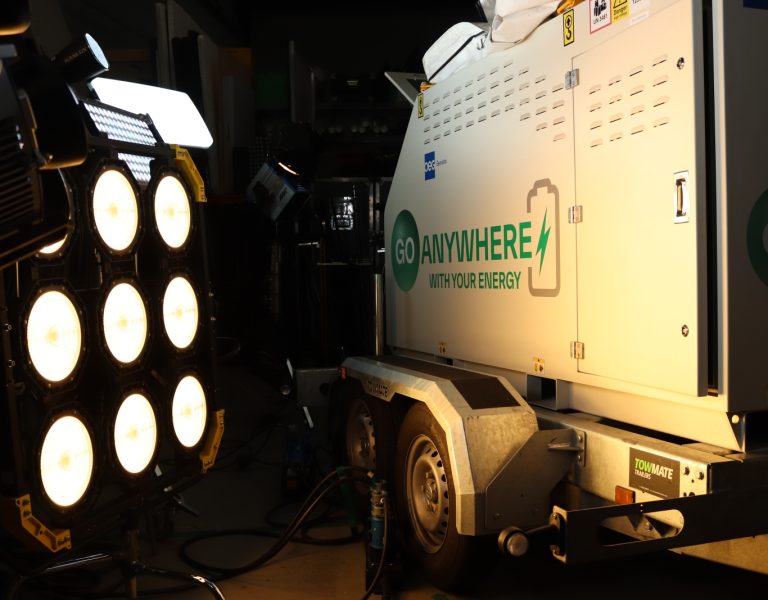
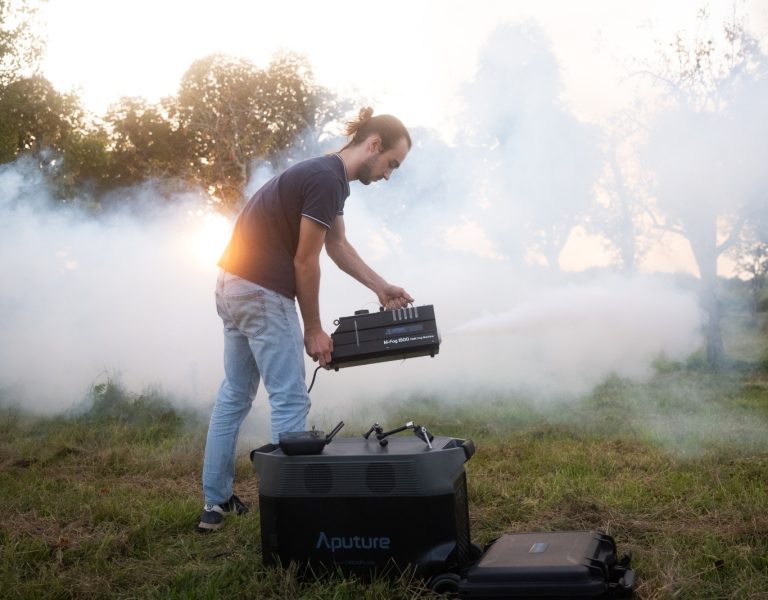
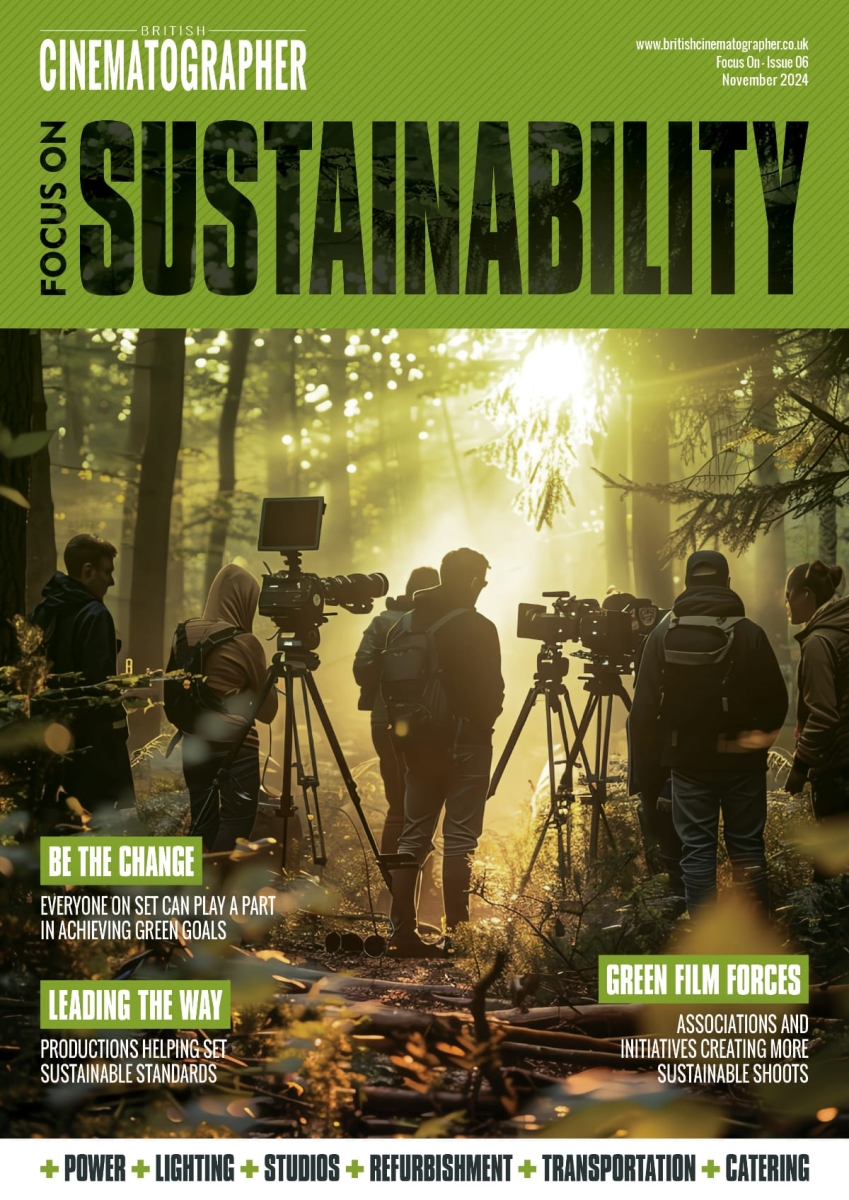
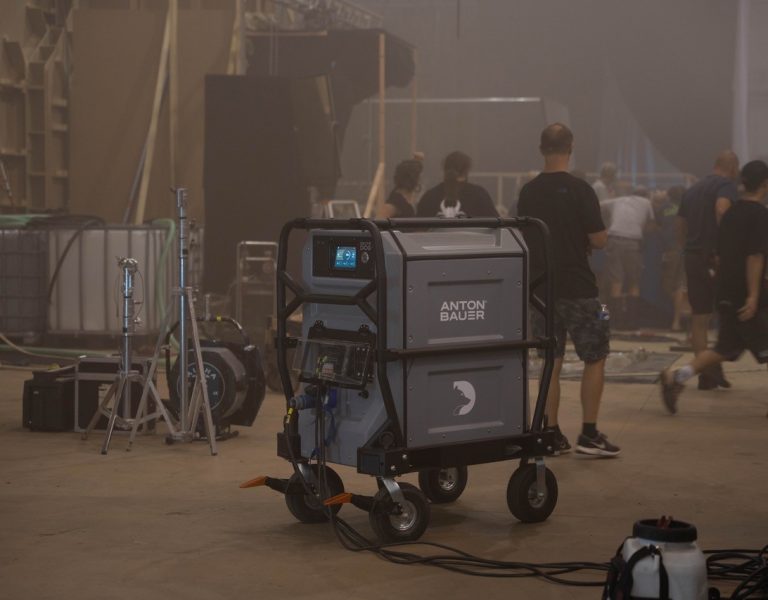
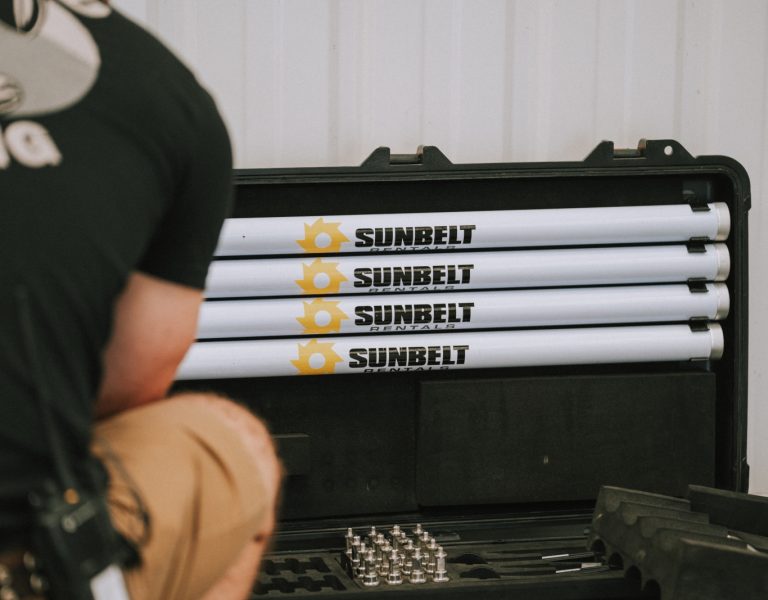
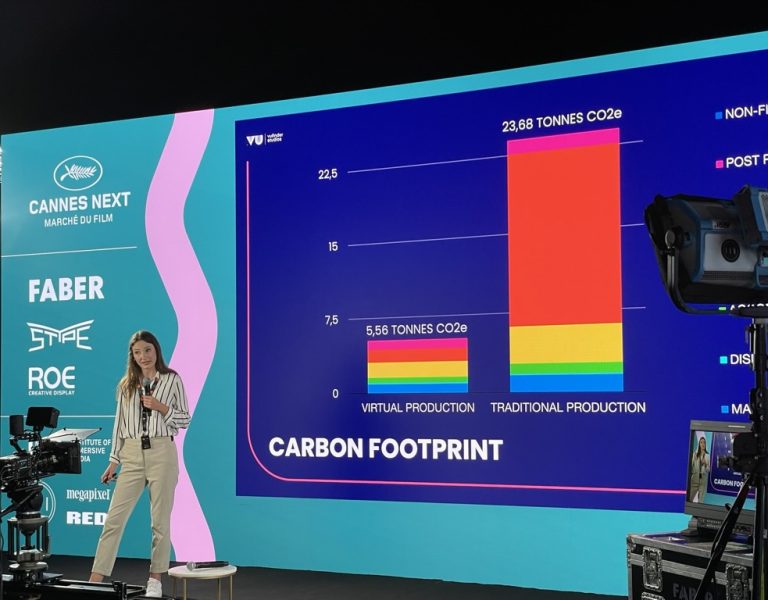




Comment / April Sotomayor, head of industry sustainability, BAFTA Albert